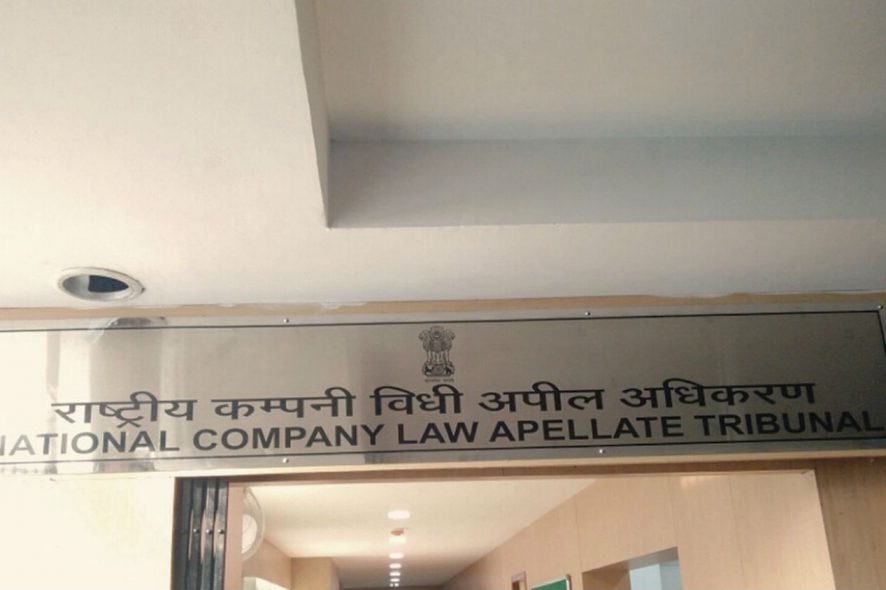National Company Law Appellate Tribunal- A Coram of Anant Bijay Singh, J. (Judicial Member) and Shreesha Merla (Technical Member) dismissed an appeal while affirming the impugned order where the appellant made a default in making payments.
In the present case, the Respondent was the operational creditor who sold, supplied and delivered goods to the Appellant. The goods were delivered under 12 bills for an aggregate amount of Rs. 7,15,940. The appellant paid a sum of Rs. 40,000/- through a cheque dated 16-02-2016, which was even adjusted to the running amount. The Appellant issued a cheque dated 12-01-2016 of Rs. 44,298/- which later got dishonoured for the reason “Payment stopped by drawer”. Subsequently, a demand notice was sent for the payment of the unpaid operation debt. However, there was no reply to the notice. The Appellant accepted and acknowledged the confirmation of accounts sent by the respondent. Therefore a default in cheque was realised and now the question was, what is the date of payment in the circumstances of this case for the purpose of Section 20 of the Limitation Act. Thus the provisions of Section 8 and 9 on Insolvency and Bankruptcy Code read with Rule 6 of Insolvency and Bankruptcy (Application to Adjudicating Authority) Rules, 2016 were invoked. Therefore, legal proceeding under Section 138 of the Negotiable Instrument Act was initiated.
On perusal of the records, it was held, that the issuance of cheque indicates acknowledgement of the debt although the cheque dishonoured for the reason “payment stopped by drawer”. It was also noted that “the respondent made part payment on 16-02-2016, after which no payment was made and cheque issue on 12-01-2016 was returned dishonoured”. Also, the cheque was well within the period of limitation, therefore period of limitation and fresh limitation is out of bound, as contended by the Appellants. Hence, on finding no infirmity with the impugned order, the appeal was dismissed.[Rajendreakumar Kudanmal Jain, In re, Company Appeal (AT) (Insolvency) No. 366 of 2020, decided on 04-03-2021]






